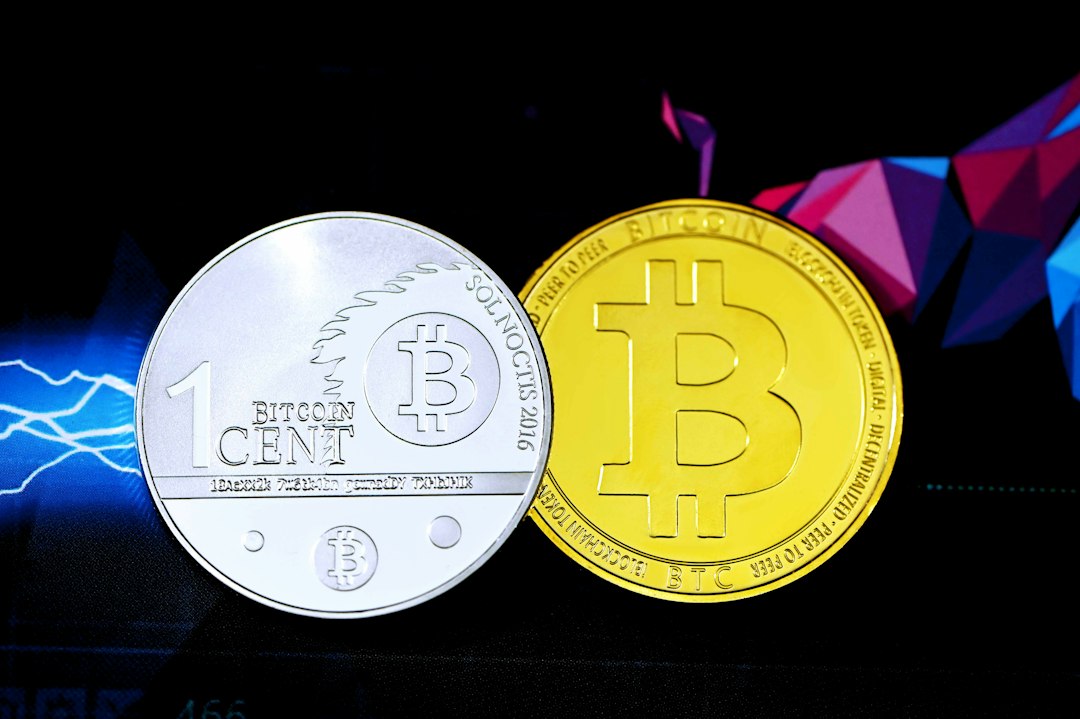SEC Accuses Binance of Withholding Information in Lawsuit Discovery
The U.S. Securities and Exchange Commission (SEC) has accused Binance of failing to provide sufficient information during the discovery phase of the regulator’s lawsuit against the crypto exchange. In a court filing, the SEC states that Binance is only offering “extremely limited information” despite a consent order issued by the court.
The SEC expresses frustration at Binance’s lack of cooperation and refusal to provide essential witnesses for deposition. The regulatory agency wants to ensure that all customer assets on the platform are accounted for and under their control. However, according to the SEC, Binance has thus far provided limited or unintelligible information.
Binance’s Limited Response
Binance has produced approximately 220 documents, many of which pertain to reporting required under the consent order. However, these documents often consist of unintelligible screenshots and lack dates or signatures. Furthermore, Binance has refused to produce crucial witnesses for deposition, agreeing only to four depositions deemed appropriate by the company.
Background on the SEC Lawsuit
In June, the SEC filed a lawsuit against Binance, alleging that the exchange was offering unregistered securities and neglecting customer safety protocols while making billions in profit. The SEC’s goal is to ensure that all customer and Binance Assets Marketplace (BAM) assets are properly accounted for, within BAM’s control in the United States, available for withdrawal to cover customer liabilities, and not controlled by Binance Entities.
Hot Take: SEC Struggles with Binance Cooperation
The SEC’s ongoing battle with Binance continues as the regulatory agency accuses the exchange of providing limited information and refusing to produce crucial witnesses for deposition. The SEC seeks assurance that all customer assets on the platform are properly accounted for and under their control. Binance’s response, consisting of unintelligible documents and limited cooperation, is seen as a hindrance to the discovery process. The outcome of this lawsuit will have significant implications for the regulation of crypto exchanges and the protection of customer assets.





 By
By

 By
By
 By
By

 By
By